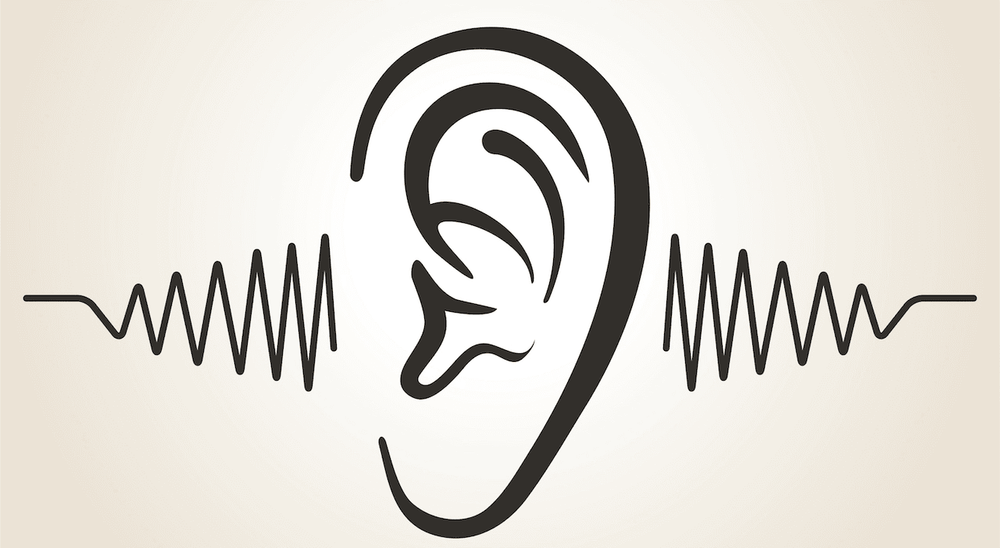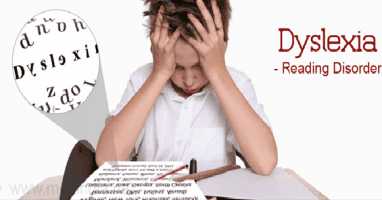This is an automatically translated article.
Dyslexia is a language disorder, common in young children and can be seen in adults. If detected and appropriately intervened, people with dyslexia can live and study like normal people.
1. What is dyslexia?
Dyslexia is a learning difficulty that reduces a person's ability to read, write and spell. This is a neurological condition and has nothing to do with intelligence.
Dyslexia is a common condition with an incidence of about 5 - 10% of the population. Not just children, many adults still have difficulty reading and writing. Early diagnosis, guidance, and support for dyslexia can help reduce its impact.
2. Symptoms of dyslexia

Khó xử lý âm thanh là một trong các biểu hiện đặc trưng của hội chứng khó đọc
Dyslexia can manifest at any age but is mainly present in childhood. This condition has typical manifestations including:
Delay in reaching developmental milestones: Children with dyslexia often learn to crawl, walk, learn to speak, ... later than their peers. Children may mispronounce words or fail to distinguish between different word sounds; Difficulty learning to read: Children often have difficulty pronouncing, processing, and understanding the pronunciation of each word. Dyslexia symptoms may arise when the person begins to learn more complex skills such as grammar, reading fluency, distinguishing and using sentence structures, using complex sentences, etc.; Difficulty learning to write: People with dyslexia may misspelled words or quickly forget how words are written; Difficulty processing sounds: The patient has difficulty processing the sounds of multi-syllable words; Other symptom: Takes a long time to memorize the letters of the alphabet and how to pronounce them; difficulty in coordinating activities; Difficulty concentrating, difficult to express one's thoughts, prone to allergies, asthma, eczema,...
3. Causes of dyslexia
Dyslexia is not related to intelligence but to certain genes that control brain development. This is an inherited condition (inherited factors affect the brain and its ability to work with words).
Factors that increase the risk of dyslexia include: Having a family history of dyslexia, having problems with parts of the brain involved in reading. In addition, some people may develop dyslexia after a brain injury or stroke.
4. Diagnosis and treatment of dyslexia

Tư vấn tâm lý và hỗ trợ giảm bớt sự căng thẳng, tự ti của trẻ để kiểm soát chứng khó đọc
4.1 Diagnosis Diagnosing dyslexia in young children can be difficult because sometimes the symptoms are not obvious. Doctors will usually base on the natural development of parents, educational results, medical history, family history; at the same time, test children for vision, hearing, brain, give questionnaires and psychological tests, test reading and learning skills, etc. to accurately assess the child's medical condition.
4.2 How to Manage Dyslexia Dyslexia is often difficult to diagnose or treat completely. However, with timely support from schools and families, children with this syndrome can improve significantly. The management of dyslexia in children often includes measures such as:
Developing a learning program that is specifically tailored to the child; Children with dyslexia can use learning aids, exploiting other senses such as sight, hearing, touch; Psychological counseling, support to reduce stress, low self-esteem of children, can give more time in exams for children with dyslexia; Parents need to detect children's problems as soon as possible, practice reading aloud with children, encourage children to read more books, more often; Assess and identify areas where people with dyslexia are capable of doing better, support them in their development and work on strengths; More tips: Better time management by breaking tasks into chunks; use text-to-speech technology; use visual note-taking tools (color important points in the text); Work in a quiet space, using noise-cancelling earplugs if necessary to limit distractions. If left untreated, dyslexia can make children lose confidence, anxiety, aggression, not communicating with friends and people around, preventing the development of their potential as adults. Therefore, early detection is needed to treat dyslexia by educational pathways. Therefore, if you see that your child or younger brother has difficulties in reading and writing, parents should take the child to a doctor for diagnosis and appropriate and active intervention.
Periodic health check-ups help to detect diseases early, so that there are treatment plans for optimal results. Currently, Vinmec International General Hospital has general health checkup packages suitable for each age, gender and individual needs of customers with a reasonable price policy.
The patient's examination results will be returned to the home. After receiving the results of the general health examination, if you detect diseases that require intensive examination and treatment, you can use services from other specialties at the Hospital with quality treatment and services. outstanding customer service.
Please dial HOTLINE for more information or register for an appointment HERE. Download MyVinmec app to make appointments faster and to manage your bookings easily.













